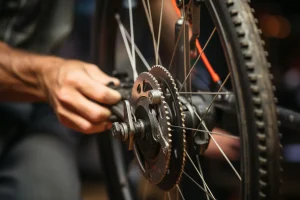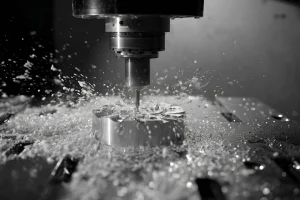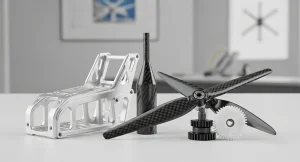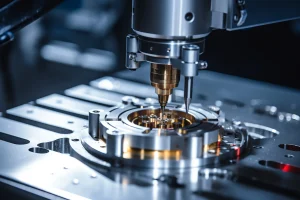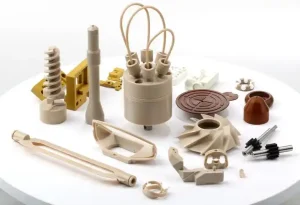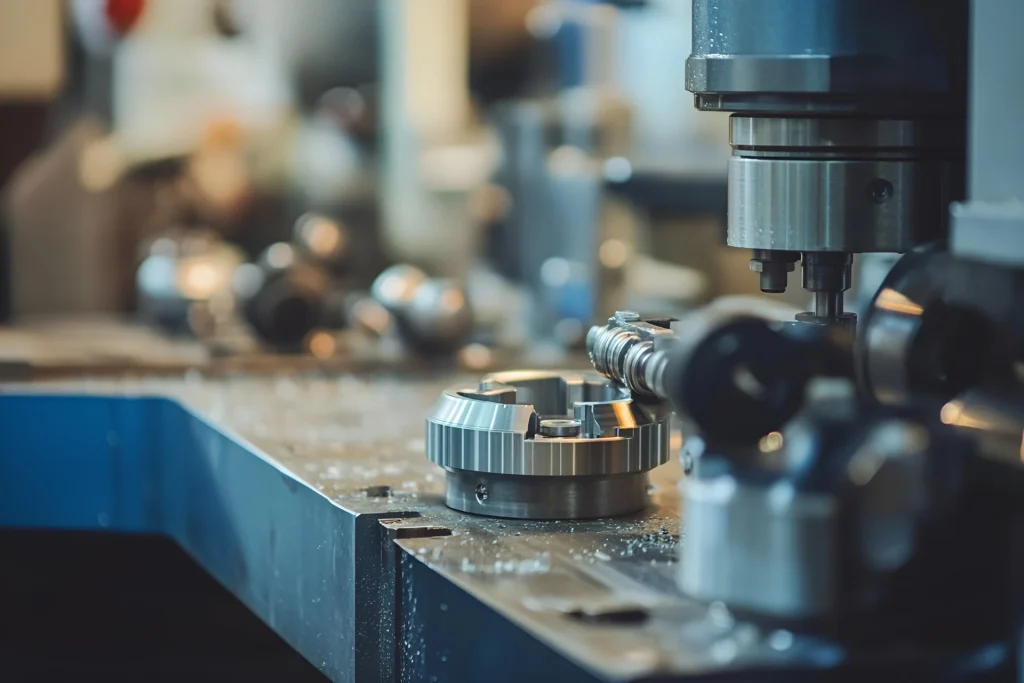
1. Intelligence
With the rapid development of technologies such as artificial intelligence and the Internet of Things, the precision parts processing industry is gradually moving towards intelligence. Intelligent manufacturing technology has achieved comprehensive optimization of the production process through integrated automation, informationization and intelligent technologies.
The introduction of automated production lines, data-driven intelligent scheduling, and the application of unmanned workshops have greatly improved production efficiency and part accuracy. For example, the intelligent manufacturing system can collect production data in real time, and conduct intelligent scheduling through big data analysis, predict potential problems in the production process, and automatically adjust production plans according to production needs.
2. Precision
With the development of social economy, all walks of life have more and more sophisticated demands for mechanical parts, and higher and higher requirements for product quality. The precision parts processing industry will pay more attention to precision processing to meet these needs. By introducing high-precision measuring equipment (such as three-coordinate measuring machines, laser interferometers, etc.) and precision processing technologies (such as laser cutting, high-precision grinding, etc.), enterprises can achieve precise control of part processing accuracy, thereby improving product quality.
3. Green environmental protection
With the increasing global environmental awareness, green environmental protection has become the focus of development in all walks of life. As one of the high-energy-consuming and high-emission industries, the precision parts processing industry will also pay more attention to green environmental protection. Enterprises need to adopt environmentally friendly materials and processes, reduce energy consumption and emissions, and promote green manufacturing and circular economy. For example, by optimizing processing technology and material selection, energy consumption and waste emissions can be reduced to achieve sustainable development.
4. Digital transformation
Digital transformation is another major trend in the development of the precision parts processing industry. By introducing digital technology, seamless docking of product design, process planning, production and manufacturing can be achieved, and the coordination and efficiency of the production process can be improved. At the same time, digital technology can also help companies better analyze and predict data, and provide strong support for corporate decision-making. This will help companies optimize production processes, improve product quality and production efficiency.
5. Personalized customization
With the diversification of consumer demand, the precision parts processing industry will pay more attention to personalized customization. Companies need to provide customized precision parts according to customer needs and preferences. This will help companies meet customers’ personalized needs and improve customer satisfaction and loyalty.
6. Technological innovation
Technological innovation is the core driving force for the development of the precision parts processing industry. In the future, with the continuous emergence of new materials, new processes and intelligent manufacturing technologies, the precision parts processing industry will usher in more innovation opportunities. These innovations will further improve processing efficiency and product quality, and promote the development of the industry to a higher level.

